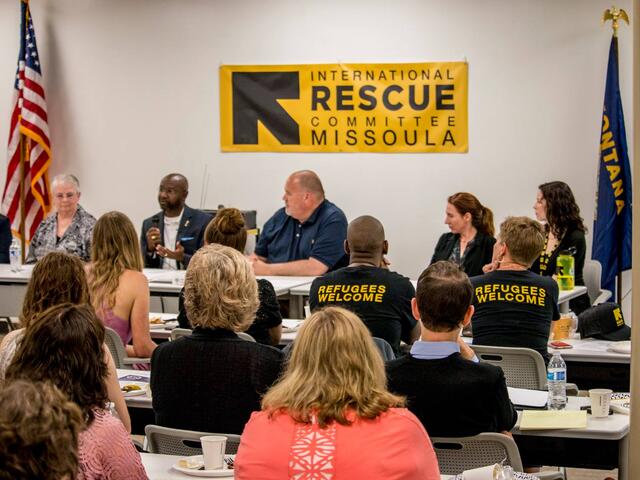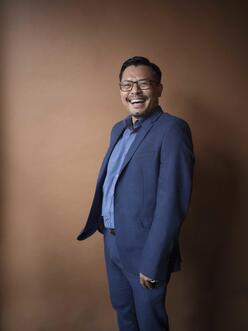What is Pride Month? And when is it?
June is celebrated as Pride month around the world to mark the anniversary of the Stonewall uprising which took place in New York at a popular gar bar called Stonewall Inn, on June 28, 1969. The protests sparked a gay rights uprising.
Today, we continue to mark the month as a celebration of LGBTQ+ rights and a call for further rights globally. Although June is officially pride month, celebrations and marches are held around the year in the UK. London Pride, one the biggest pride parades in the UK, attracts around 1.5 million spectators. The 2021 London Pride will be held in September this year.
Pride month is not to be confused with LGBT History month which is held in February.
Why we still need Pride Month today:
In the UK, LGBTQI+ citizens have the same legal rights as non-LGBTQI+. However, still today there are places where LGBTQI+ communities are oppressed and discriminated against.
While the UK legalised same-sex marriage in 2014, it is one of only 29 countries to do so to date.
And there are nearly 70 countries that have laws that criminalise homosexuality.
How the IRC works with LGBTQI+ communities:
The IRC has a number of programmes working with and supporting the LGBTQI+ community. For example, we work with the transgender community in Pakistan helping with skill development and self-help groups so they can address communal issues together. Many of our clients lost their jobs during the pandemic and the IRC provided direct financial support - a lifeline for our clients to secure basic needs like food and utilities.
We also work with members of the LGBTQI+ community in Central America and on the Mexico-US border. Many of the people attempting to cross the U.S-Mexico border are women, children, families and members of the LGBTQI+ community who have no choice but to flee their homes.

We’re proud to support people like Lincy and will never stop fighting for their right to safety and dignity.
Violence against LGBTQI+ people in humanitarian conflicts
A study led by IRC on the experiences of LGBTQI+ people in conflict and displacement settings revealed that LGBTQI+ people may face violence from family members which can drive them to leave their homes, only to then face more discrimination and exclusion in society, including financial, physical and sexual violence from armed groups.
Once displaced, LGBTQI+ people can face open discrimination and other barriers to obtaining services and stable forms of employment. LGBTQI+ people may avoid formal services due to fears of being ‘outed’ or violence towards their families if their identity becomes public. As one key informant stated, “Discrimination and disrespect is the major dissuader to accessing services. It doesn’t have to be so dramatic. In this one clinic in [name of city], they outright deny or report to the police, but other things like oh they might laugh at you is a major reason not to come forward. LGBTQI+ [people] have experienced a lot of discrimination and harassment and subtle attitudes have a major impact.”
Meet Warren: A Gay refugee whose case changed the law
Warren, who grew up in a country where homosexuality is still criminalised, knows what it’s like to hide who you are.

While studying in the UK another student wrote a letter, outing Warren as being homosexual to both the government and his family back home. It had a devastating effect. “The government cut off my university funding and I was sent a letter from the authorities telling me I needed to return to my home country to stand trial for being gay. When my family found out, they disowned me. As far as my dad’s concerned, I’m dead.”
Warren’s close friend advised him to claim asylum in the UK. At the time, there was no precedent for people being granted refugee status on the basis of being LGBTQI. “My case was the one that changed the law,” Warren explains. It took five long years, but eventually Warren was granted refugee status in the UK.
Warren has now lived in the UK for 28 years and has been given British citizenship. In 2006, he married Howard, his partner of 20 years. “I’m his rock and he’s mine and he’s stuck by me through everything. Because my family abandoned me, I’ve always craved to have my own family – that’s what I’ve got with Howard.”